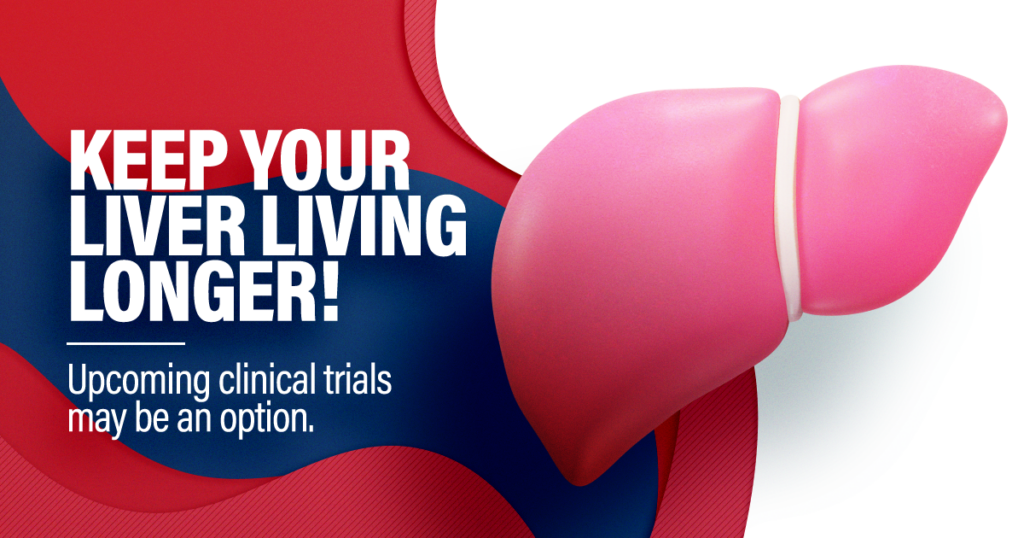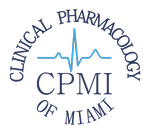Men’s Health Month in June not only emphasizes the overall well-being of men but also sheds light on specific health issues that affect them, such as liver disease. The liver is a vital organ responsible for detoxification, metabolism, and nutrient storage, playing a significant role in maintaining overall health. As men are more prone to certain types of liver diseases, this month serves as an opportunity to raise awareness about liver health and its impact on men’s lives.
Tips for Keeping the Liver Healthy:
Men’s Health Month encourages men to understand the risk factors associated with liver diseases, such as excessive alcohol consumption, obesity, and viral infections. By addressing lifestyle factors, adopting healthier habits, and seeking regular check-ups, men can actively protect their liver health and reduce the risk of developing liver diseases.
- Maintain a Balanced Diet: A diet rich in fruits, vegetables, whole grains, lean proteins, and healthy fats helps support liver health. Limit processed foods, sugary drinks, and excessive alcohol consumption, which can strain the liver.
- Stay Hydrated: Drinking an adequate amount of water helps flush out toxins and supports optimal liver function. Aim for at least 8 cups (64 ounces) of water daily.
- Exercise Regularly: Engaging in regular physical activity helps reduce the risk of liver disease by promoting weight management and improving overall health.
- Limit Alcohol Consumption: Excessive alcohol consumption can lead to liver damage, so it’s essential to drink in moderation or abstain entirely.
- Practice Safe Sex: Some viral infections, such as hepatitis B and C, can cause liver disease. Practicing safe sex and getting vaccinated can help protect against these infections.

Men are more prone to certain types of liver diseases, including:
- Alcoholic Liver Disease: Excessive alcohol consumption is a significant risk factor for developing alcoholic liver disease, and men tend to have higher rates of alcohol consumption compared to women. The liver’s ability to metabolize alcohol can be overwhelmed by excessive drinking, leading to inflammation, fatty liver, alcoholic hepatitis, and even cirrhosis.
- Non-Alcoholic Fatty Liver Disease (NAFLD): Men have a higher prevalence of NAFLD, which is characterized by the accumulation of fat in the liver. This condition is closely associated with obesity, insulin resistance, high blood pressure, and high cholesterol levels. Hormonal differences, along with lifestyle and genetic factors, may contribute to men’s increased susceptibility to NAFLD.
- Viral Hepatitis: Certain types of viral hepatitis, such as hepatitis B and C, are more prevalent among men. Risk factors for transmission, such as exposure to infected blood through unsafe injection practices, unprotected sex, or occupational hazards, can contribute to the higher rates of viral hepatitis in men.
- Liver Cancer: Hepatocellular carcinoma (HCC), the most common type of liver cancer, is more prevalent in men. Chronic liver diseases, including hepatitis B or C infections, alcoholic liver disease, and NAFLD, can increase the risk of developing liver cancer. Hormonal and genetic factors may also play a role in the higher incidence rates among men.
It is important to note that while men may be more susceptible to these liver diseases, anyone can be affected. Taking preventive measures, such as practicing moderation in alcohol consumption, maintaining a healthy weight, getting vaccinated against hepatitis, and following a balanced lifestyle, can help reduce the risk and promote liver health for both men and women. Regular check-ups and screenings are essential for early detection and proper management of liver diseases.

For those living with liver disease, staying healthy becomes even more crucial. Embrace the power of knowledge, take control of your liver health, and consider participating in upcoming clinical trials to help shape the future of liver disease treatment. Your liver may thank you for it. Explore upcoming clinical trials by visiting our website or contact us today at (305) 817-2900 to learn how you can get involved.




